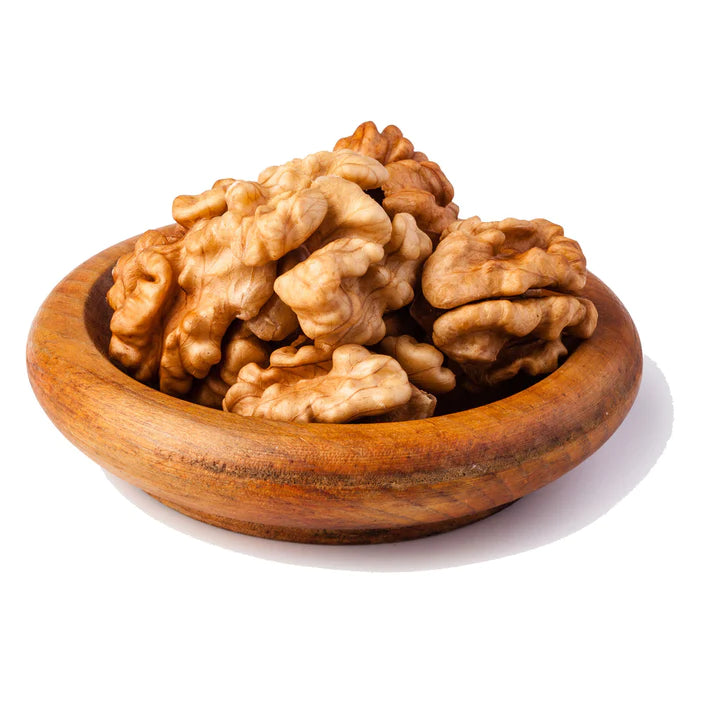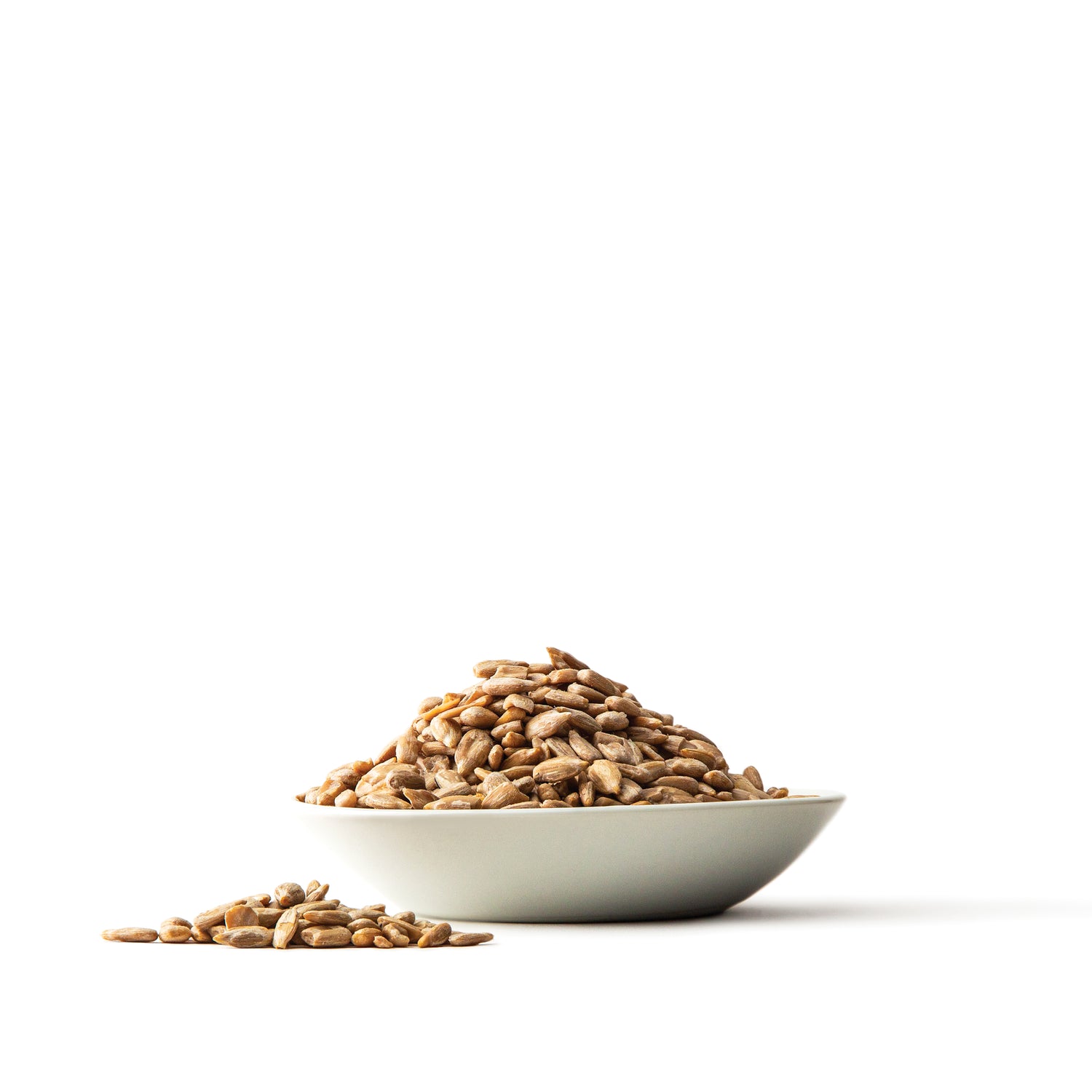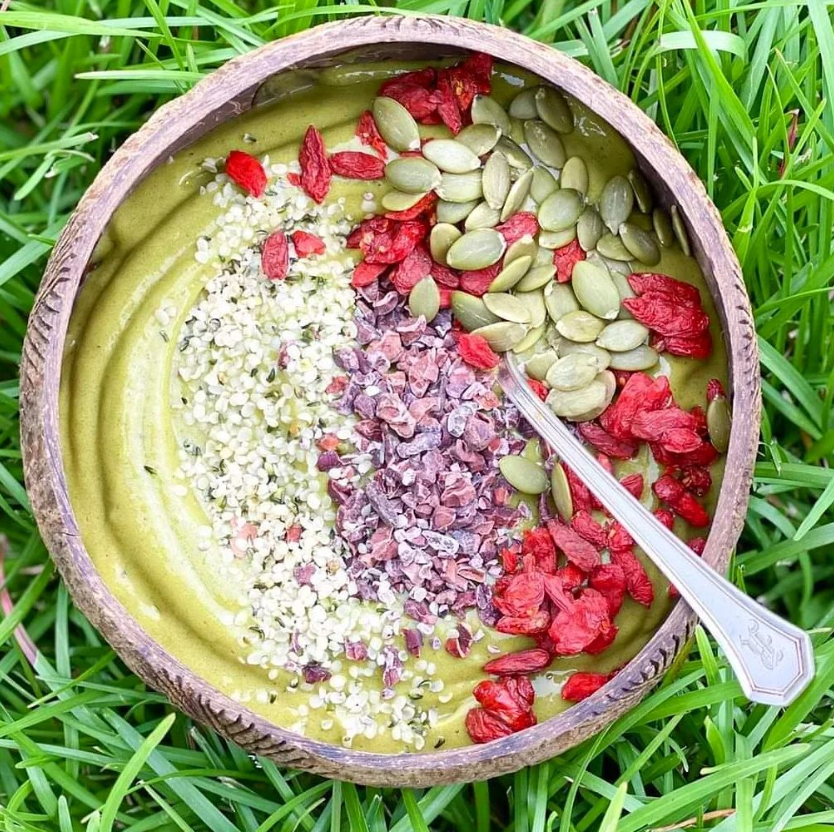Thomas Edison changed the world with the first lightbulb, and they eventually became so widespread that most of the world has access to daylight 24 hours a day. However, this also then became a curse to sleep. With light available 24/7, the human brain has become quite confused. Years later, screens became a staple in households, schools, and workplaces. These artificial light sources disrupt the brain’s circadian rhythm.
Many commercials talk about mattresses that will give the best night’s sleep in years or supplements that help one fall asleep and stay asleep. Then comes the problem of grogginess in the morning and the feeling of being unable to wake up. Caffeine in the form of coffee and soda is an addiction for thousands or millions of people, waking them up but then keeping them from sleeping. While those things can affect this sleep-wake problem, there is another component.
Circadian rhythm is a natural, daily sleep-wake cycle that the brain goes through every day. In the morning, the brain signals that it is time to wake up and become active, then in the evening, it begins to wind down and prepare for sleep. Certain hormones and chemicals release at different points in the day, signaling the body to various activities like sleep and wakefulness.
Typically, the fading of the light triggers the release of the sleep hormone melatonin. The sun begins to set, and with that, sleepiness sets into the body and mind. However, modern amenities have disrupted this cycle. With the widespread use of electric lights and the blue light emitted from screens, the circadian rhythm is very confused. The brain cannot differentiate between natural daylight and manufactured light. Therefore, it does not know when to release melatonin.
Two groups of people are particularly susceptible to disruption of the circadian rhythm. Studies show that teens and people with ADHD tend to release melatonin later in the night. The average time melatonin is released begins at about 10 pm. However, teens and those with ADHD do not experience melatonin release until around 1 in the morning, a full three hours later than average. Yet they are still expected to wake at the same time as those without delayed melatonin release.
There are several ways to combat the disruption and get the circadian rhythm back on track. The first and most direct way is to limit exposure to light closer to bedtime. For one to three hours before bedtime, turn out overhead lights, and use lamps or candles instead. Use the blue-light mode on electronics, try out some blue light glasses, or avoid screens altogether as night draws near. Limiting artificial light allows melatonin to be released naturally and helps one to fall asleep with ease.
Many also choose to use melatonin supplements. Most often, about 5mg taken roughly half an hour before bedtime may help one fall asleep. However, melatonin supplements may not work for some. Occasionally, it may cause drowsiness, but one may still be unable to fall asleep. Conversely, it may also cause grogginess in the morning and make waking harder. For some, a melatonin supplement does nothing at all.
When taken consistently, melatonin supplements alter the brain’s melatonin release. The body becomes used to the amount of melatonin taken and it will then require more melatonin for the same effects. Additionally, the body will stop making melatonin naturally as it comes to anticipate the supplement. This makes stopping the use of melatonin supplements incredibly difficult.
Several foods show promise in supporting a healthy circadian rhythm. They contain nutrients that aid in the natural production of melatonin, and they may help maintain good, restful sleep. Everyone has heard that turkey contains tryptophan, which makes people want to hibernate after a great Thanksgiving meal. But there are many more foods that contain tryptophan and other sleep-supporting nutrients.
The first and most potent sleep-aiding foods are nuts and seeds. These are well-known health foods, but they also have fantastic properties for aiding sleep. Walnuts naturally contain melatonin. A handful before bed may offer several benefits. Almonds have melatonin as well, and they also contain magnesium. Magnesium aids the production of the neurotransmitter GABA that aids sleep, lowers stress levels, and promotes relaxation.
Like almonds, cashews have magnesium, but they also contain zinc. Zinc does many things throughout the body, but one of those duties is the regulation of neurological activity. It aids in the transmission of melatonin in the brain, facilitating the movement of sleep hormones and aiding in relaxation. These lowered amounts of stress may help one to fall asleep and stay asleep.
One of the best sleep supporting foods is pumpkin seeds. They contain magnesium and zinc just as the cashews do, but they also contain tryptophan. Tryptophan is most well-known for aiding sleep. It is essential for the production of serotonin, which then becomes melatonin. Thus, it is deserving of this praise.
Aside from nuts and seeds, tart cherries are another well-known food for sleep. They contain both tryptophan and melatonin, which denote tart cherries as a powerhouse of healthy sleep food alone. However, tart cherries also have anthocyanins. These are a type of flavonoids found in dark red, purple, and blue fruits and vegetables. They contain powerful antioxidant properties and may improve circulation and cardiovascular health.
Anthocyanins aid in sleep by supporting proper blood flow. Thus they supply the brain with ample oxygen and reduce stress before and during sleep. It is also possible that anthocyanins may cause vivid dreaming, and the antioxidants support overall health as well as healthy sleep. Many sources recommend the juice of tart cherries, but these often have large amounts of added sugar. Foods Alive dried tart cherries contain no added sugar and all the nutritional benefits.
There are many things one can do to aid healthy sleep. Try to avoid caffeine four hours before bed, get some moderate exercise during the day, and be sure that you don’t go to bed hungry or thirsty. A small amount of any one of these snacks before going to bed may support healthy sleep, and they are also delicious and gratifying. Give them a try, and see how they may help you sleep and live better.
Try these Foods Alive products, and let us know what you think! Links are below!
Almonds- https://foodsalive.com/collections/nuts-berries/products/organic-almonds
Walnuts-https://foodsalive.com/collections/nuts-berries/products/organic-walnuts
Cashews-https://foodsalive.com/collections/nuts-berries/products/organic-cashews
Pumpkin Seeds-https://foodsalive.com/collections/seeds/products/organic-pumpkin-seeds
Tart Cherries-https://foodsalive.com/collections/nuts-berries/products/tart-cherries-organic
Research
https://www.healthline.com/nutrition/9-foods-to-help-you-sleep#The-bottom-line
https://www.sleepfoundation.org/articles/food-and-drink-promote-good-nights-sleep
https://www.medicalnewstoday.com/articles/324295
https://www.healthline.com/nutrition/11-benefits-of-pumpkin-seeds#TOC_TITLE_HDR_13
https://www.healthline.com/nutrition/10-tart-cherry-juice-benefits#TOC_TITLE_HDR_4
https://www.healthline.com/nutrition/foods/walnuts#benefits
https://www.healthline.com/nutrition/benefits-of-walnuts#TOC_TITLE_HDR_12
https://www.ncbi.nlm.nih.gov/pmc/articles/PMC5713303/
https://www.healthline.com/health/tryptophan#health-risks
https://www.verywellhealth.com/the-scoop-on-anthocyanins-89522#:~:text=Anthocyanins%20are%20a%20type%20of,blue%20plants%20their%20rich%20coloring.






